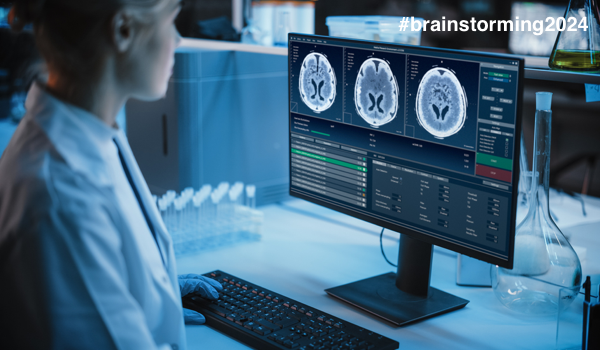


PHILADELPHIA - Artificial intelligence (AI) in pharma denotes the use of automated algorithms to perform tasks that generally depend upon human intelligence. In the past five years, the utilization of AI in pharmaceuticals has redefined how experts develop new drugs and challenge diseases.
"AI is not a magic bullet and a work in progress, but it holds a lot of promise for the future of healthcare and drug development."
- Stefan Harrer, author, and data scientist.
Progress in AI has already spread effectively into many areas, including computer vision, speech recognition, and natural language processing. It has also quickly proliferated in areas which require considerable field expertise, such as biology and chemistry, and accelerated the progress in these disciplines. As a result, many pharmaceutical startups are partnering with healthcare technology companies on AI platforms to improve target discovery and validation.
For example, New York-based BioSymetrics is a startup that has been using machine learning (ML) approaches to process raw phenotypic, imaging, drug, and genomic data sets. New York-based multinational IBM, Deep Genomics in Toronto, Cambridge, Massachusetts-based GNS Healthcare, and PathAI in Boston are just a few more examples of well-established companies that have adopted AI methods to improve drug discovery.
In the pharmaceutical industry, the simplification of research and development (R&D) is possibly the most common use case for AI applications. There are various explanations for removing and establishing research statistics from
The content herein is subject to copyright by The Yuan. All rights reserved. The content of the services is owned or licensed to The Yuan. Such content from The Yuan may be shared and reprinted but must clearly identify The Yuan as its original source. Content from a third-party copyright holder identified in the copyright notice contained in such third party’s content appearing in The Yuan must likewise be clearly labeled as such. Continue with Linkedin
Continue with Linkedin
 Continue with Google
Continue with Google











 1678 views
1678 views






